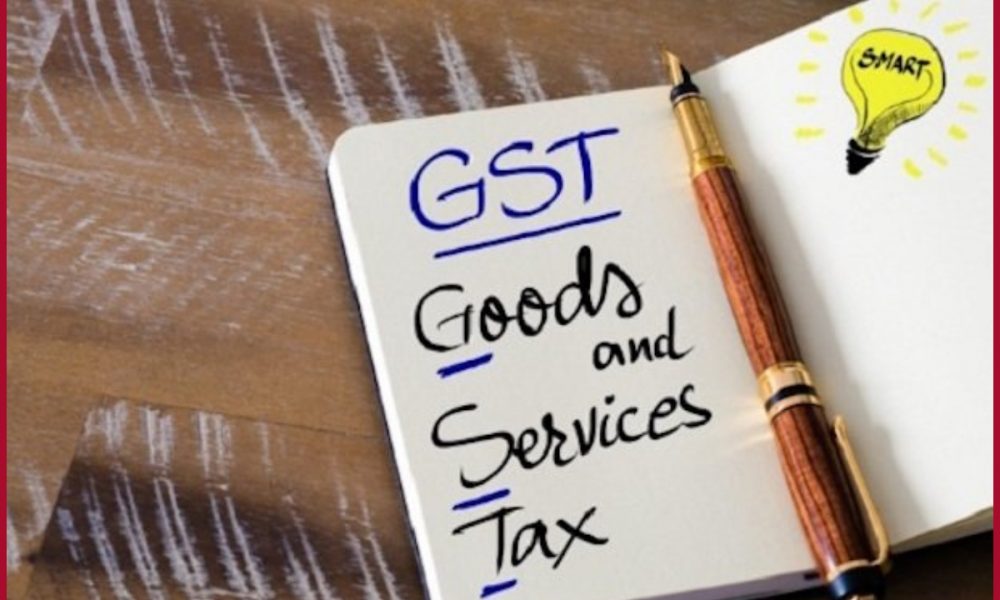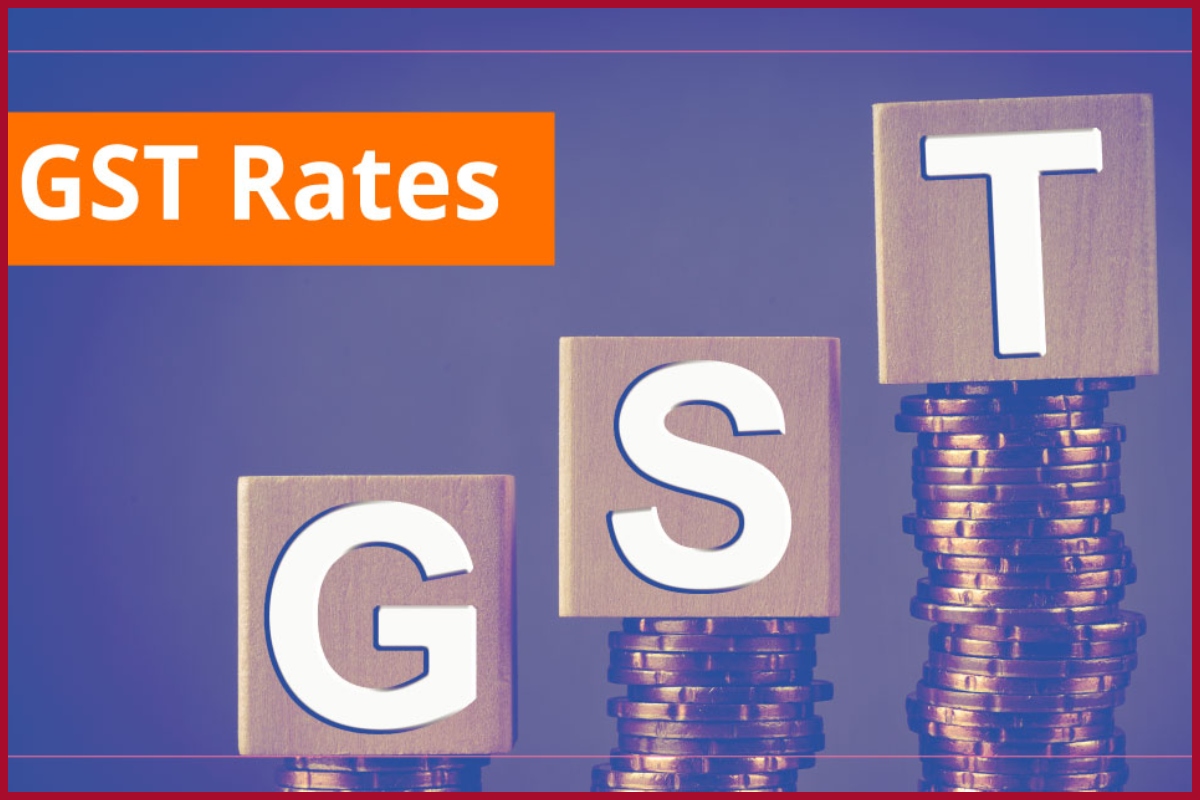
New Delhi: The 47th meeting of the Goods and Services Tax (GST ) Council has been completed with important decisions taken and many changes made. The hike in rates are going to directly affect consumers at the most basic level.
Giving relief to local product manufacturers, the Council has decided to exempt loose or unlabelled items from GST slabs. Notably, new rates on products will come into effect from July 18 in the country.

– GST rate has been increased to 18% from 12% on household items lies LED lamps, printing/drawing ink, Tetra Pak, and power-driven pumps.
– Solar water heaters and finished leather will invite a GST rate of 12% from 5%.
– The rate for cut and polished diamonds has been hiked to 1.5% from 0.25%.
– 18% GST rate will be charged for the issue of cheques, loose or in book form.
– Pre-packaged and pre-labelled food items like grains, curd, lassi, paneer, jaggery, wheat flour, puffed rice, buttermilk, and meat/fish will not be excepted from GST.
– Maps and charts including atlases will invite GST of 12%.
– Hotel rooms that charges rent up to Rs 1,000 a day will pay 12% GST.
– Hospital room rent above Rs 5,000 per day have been put under the GST slab of 5%.
– GST rates have been reduced to 5% from 18% on the transport of goods and passengers by rope ways.
– Unpacked, unlabelled and unbranded goods willl remain except form GST.
Impact of GST rate hike on people’s life
The government of India introduced Goods and Services Tax (GST) in 2017 with an aim of reducing the compliance burden and taxpayers and easing tax administration for the government. Under GST, the government merged all the indirect taxes and bring the slab rates for different items.
Since the GST was introduced in 2017, the government bring multiple changes in the slabs. The current changes made by the GST Council is expected to yield Rs 15,000 crore revenue in a year.

On the latest rationalisation of GST rate, Finance Minister Nirmala Sitharaman said that it was required for restoring revenue neutrality in the shift to GST.
It is reported that the Council also cleared several measures to prevent fraudulent entities from getting GST registration.
The bottom line is that the increase of GST rates will cause more burden on the life of common man.




